
Most analysts on Nvidia’s earnings call focused their questions on the rollout of the AI chip leader’s next-generation Blackwell platform, as well as topics like the company’s margins and supply chain. But there are massive Donald Trump-sized questions hanging over the semiconductor industry, however, and CEO Jensen Huang did field one inquiry about what the President-elect’s return to Oval Office could mean for the business.
Trump’s calls for worldwide tariffs would presumably affect Nvidia. Despite his general tough-on-China rhetoric, previous comments casting doubt on America’s commitment to help Taiwan defend itself against a potential Chinese invasion have weighed on chip stocks. Taiwan is the home of Nvidia’s preeminent supplier, TSMC.
“The unpredictability of the president elect is now an overhang on basically all of tech,” said Ted Mortonson, a managing director and tech desk sector strategist at Baird.
Whatever a second Trump administration decides to do, Huang said, Nvidia will be on board.
“That’s our highest mandate,” he said. “We will comply fully with any regulation that comes along.”
Nvidia, as well as other chip makers, has struggled to make chips for the Chinese market to meet export controls from the Biden administration, which is also reportedly weighing additional measures on sales to wealthy nations in the Persian Gulf.
Sales to China, once making up a quarter of the company’s revenue, accounted for just 12% of business last quarter, per Bloomberg. Angelo Zino of CFRA Research said there’s a possibility a more transactional approach from the Trump administration regarding China, compared to the current’s administration blanket bans, could potentially benefit the world’s largest company.
China, he said in a recent note, is currently a generation or two behind when it comes to AI chip development.
“According to our Washington Analysis team, Trump may be willing to offer more advanced AI chips to other nations, even China, if the price is right while maintaining a certain technology lead,” he wrote.
Still, Trump’s proposed universal tariff could pose challenges, given that 57% of Nvidia’s business is done abroad, according to Bloomberg. Nvidia CFO Colette Kress touted momentum in demand for so-called “sovereign AI,” or nations investing in their own GenAI infrastructure, saying deployment of GPUs in India have grown 10 times.
CFRA believes sovereign AI could account for $11-12 billion in revenue this year. Nonetheless, no matter who’s in the White House, Nvidia’s importance to the U.S. as a national security asset looms large.
“There is a worry that now this is a national defense company,” Mortonson said.
Amid many unknowns, it’s obvious Huang and his company must navigate much more than meeting ravenous demand.
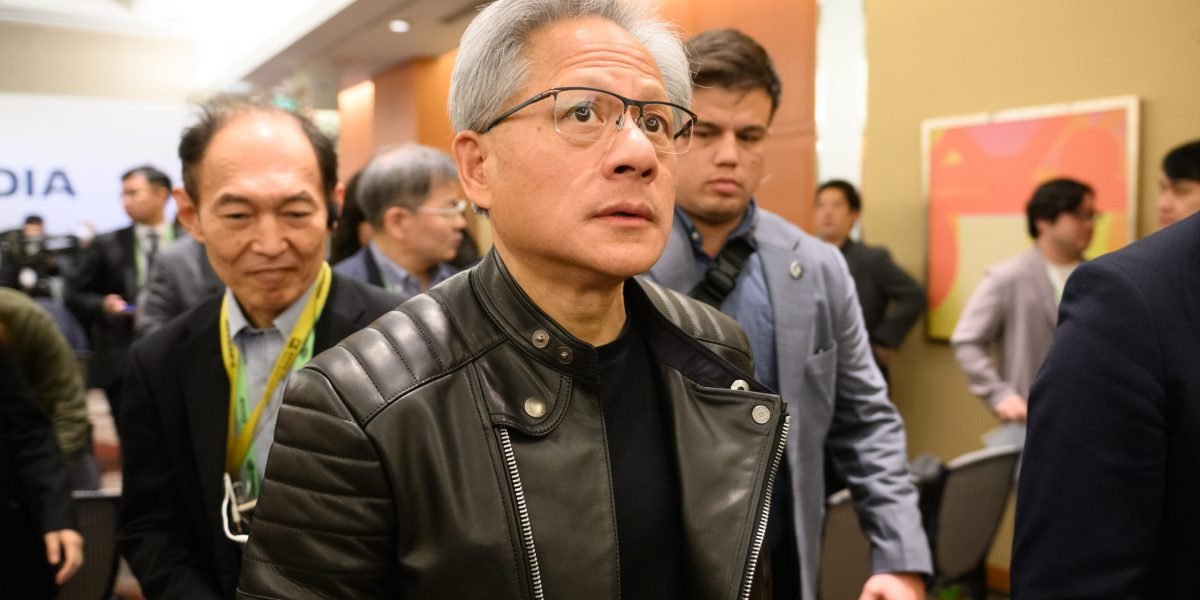


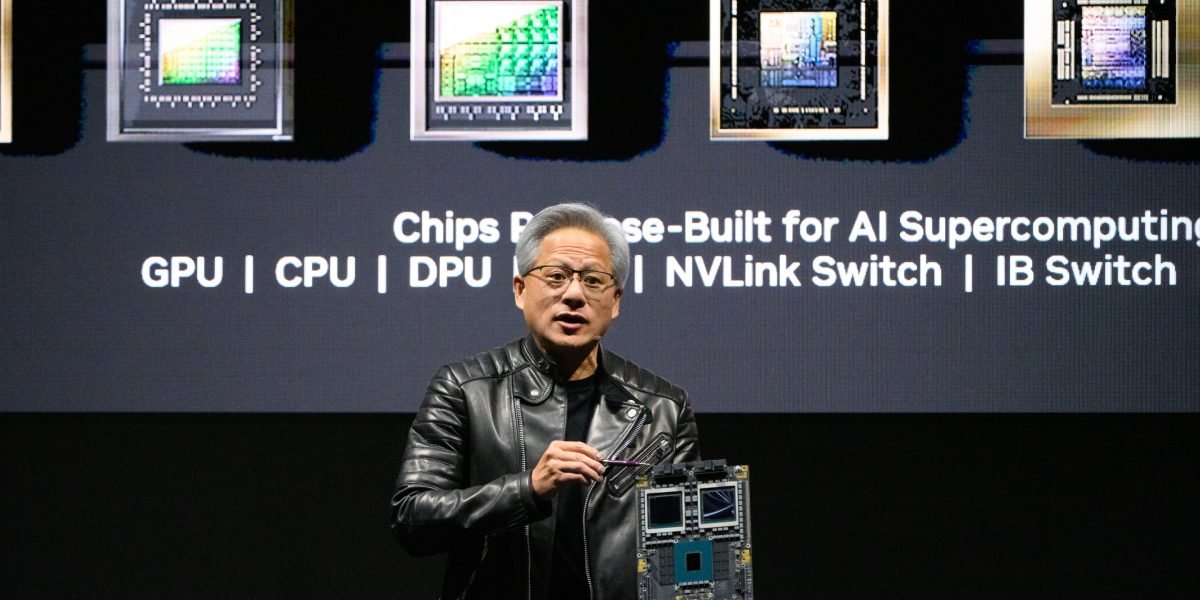

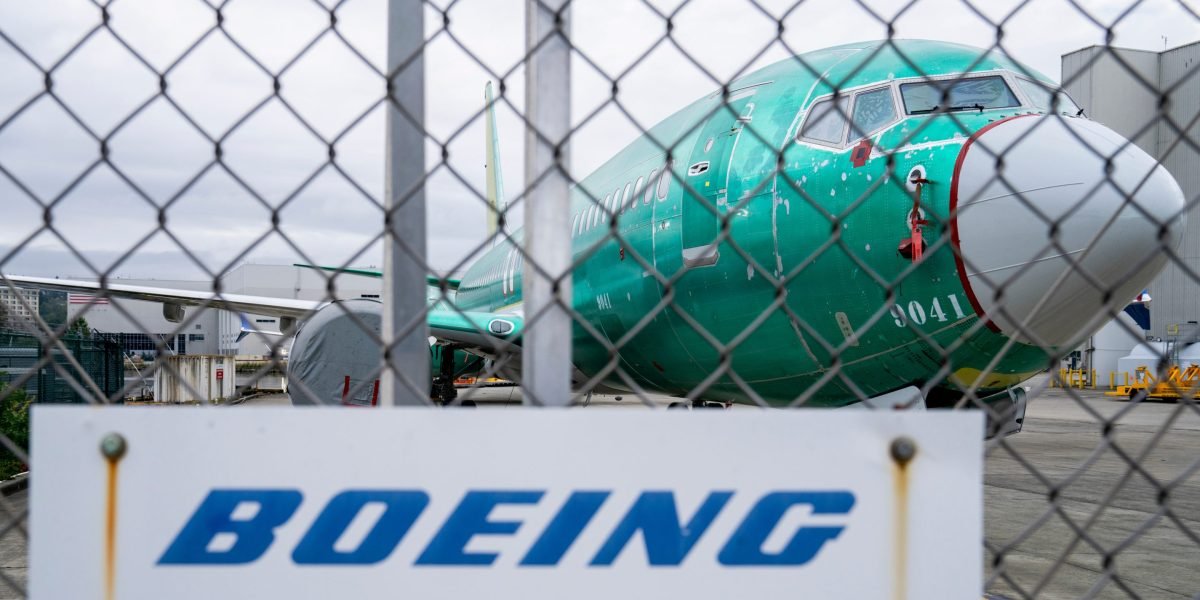

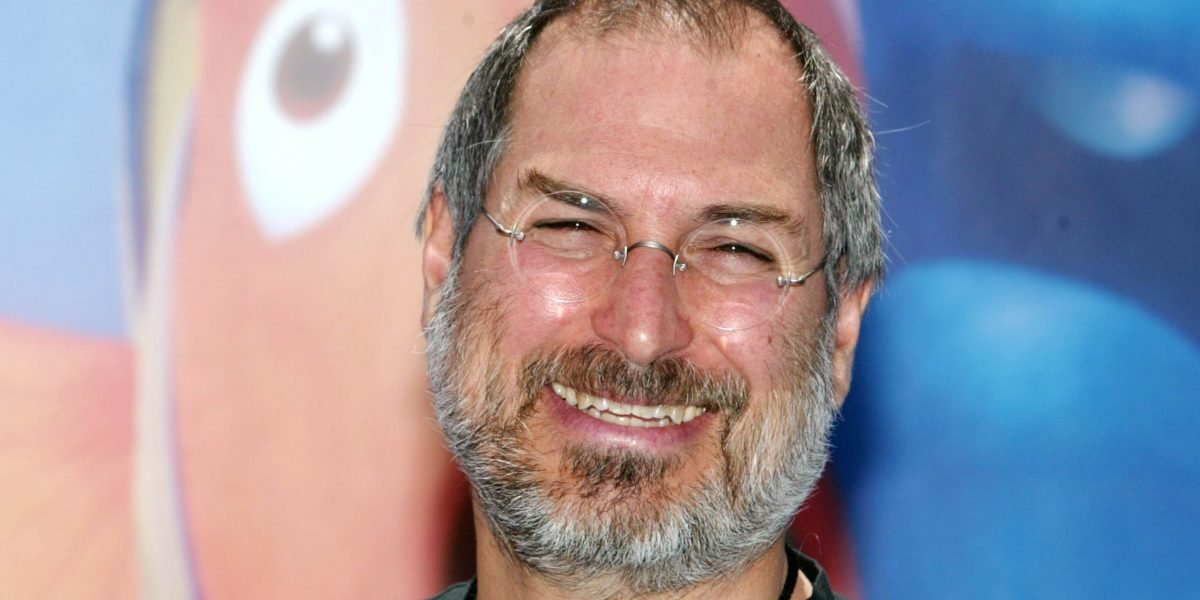
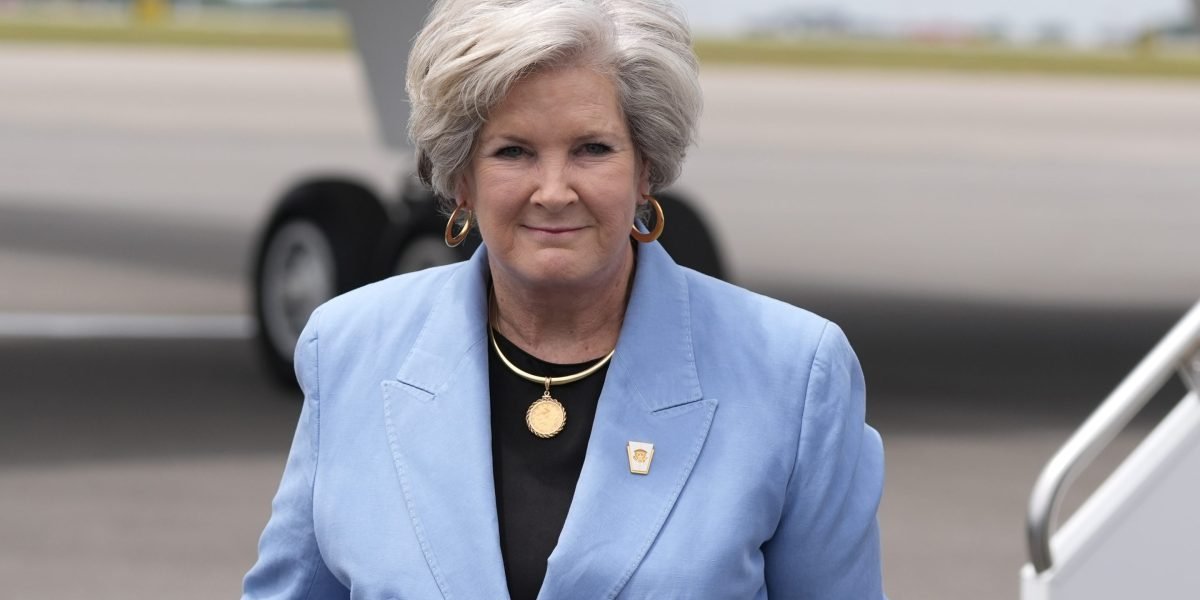
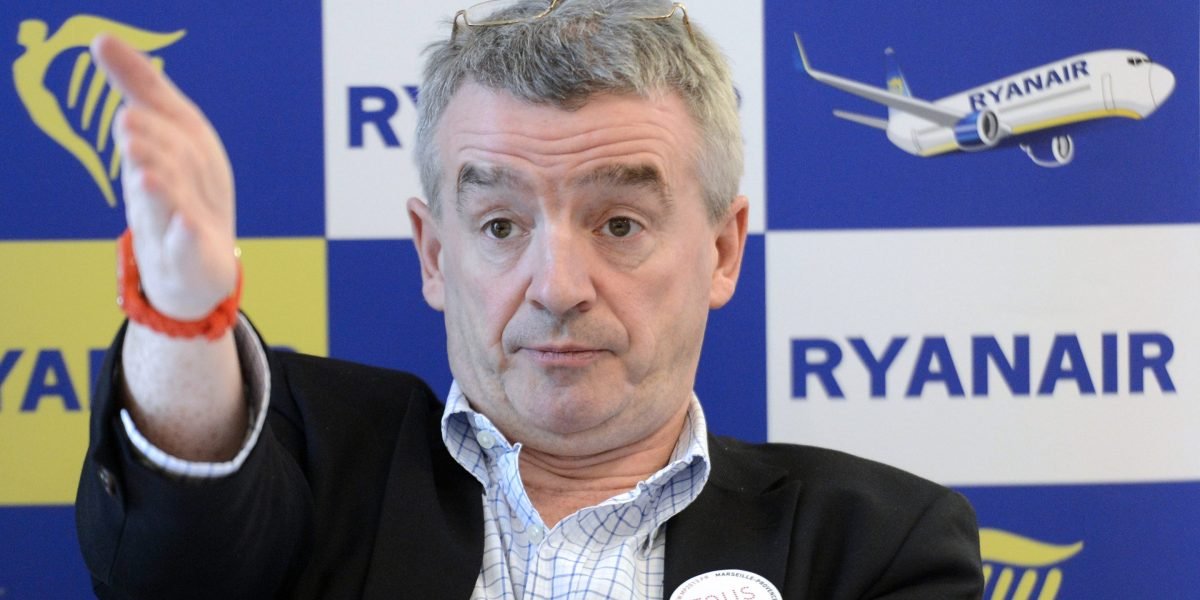

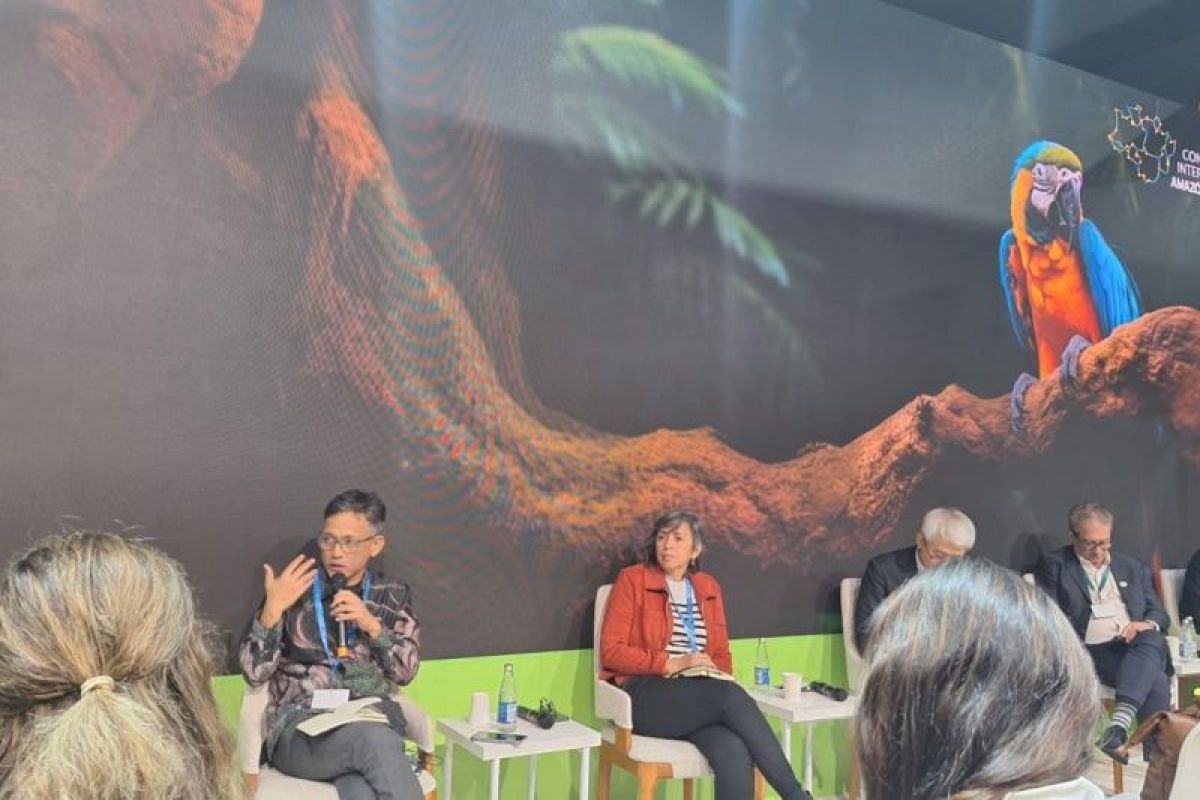



Leave a Reply